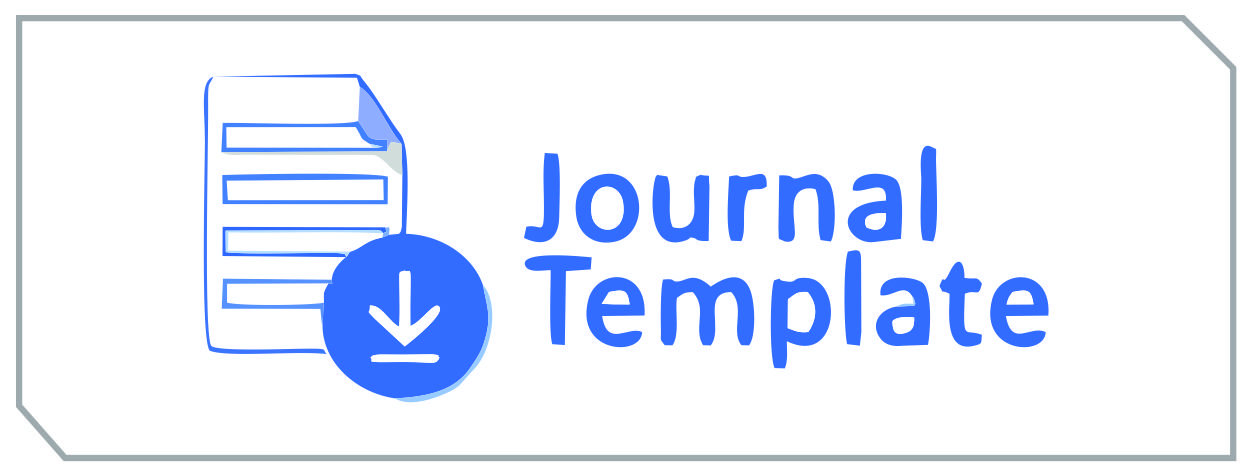Evaluation Of Sanitation Implementation Of Refill Drinking Water Depots In Muaro Jambi District
DOI:
https://doi.org/10.55606/ijhs.v4i1.3584Keywords:
evaluation, refillable drinking water depotAbstract
Background: Evaluation of cross-sectoral control of refillable drinking water depot is a strategic role in protecting consumers to obtain standardized drinking water quality. Objective: The purpose of this study was to evaluate the factors in the control and management of refillable drinking water depot in the working area of the Muaro Jambi District Health Center. Methods: The method used was a descriptive qualitative approach, which is to understand the phenomenon of the research subject holistically. Results: The results showed that the evaluation conducted by the health office was not optimal, most of the refillable drinking water depots in the Puskesmas working area had not been inspected. This is influenced by limited human resources in monitoring and evaluating each refillable drinking water depot, lack of socialization and education to refillable drinking water depot businesses and the community regarding the importance of consuming quality-assured drinking water, and especially the lack of awareness of refillable drinking water depot businesses to pro-actively meet drinking water quality standards. Conclusion: The lack of optimal cross-sectoral control of refillable drinking water depots is influenced by human resources and socialization and education programs, along with community awareness. It is expected that there will be more intensive integration between the health center, health office, and village officials who play a role in monitoring and evaluating the management of refillable drinking water depot.
References
Azwar, A. 2010. Pengantar Administrasi Kesehatan. Jakarta: Binarupa Aksara.
BPS. Indikator Perumahan Dan Kesehatan Lingkungan 2020. Published Online 2020. Https://Www.Bps.Go.Id/Publication/2020/12/31/68cf1c94411883822b83952f/Indikator-Perumahan-Dan-Kesehatan-Lingkungan-2020.HtmlDavis, B. E., 1996. GIS: A Visual Approach. Ist edition. OnWord Press. Camino Entraa Santa Fe, USA
Deperindag. 28000512_Kepmenperindag_Nomor__651_Tahun_2004.Pdf. Published Online 2004. Http://Jdih.Kemendag.Go.Id/Backendx/Image/Regulasi/28000512_Kepmenperindag_Nomor__651_Tahun_2004.Pdf https://jambi.tribunnews.com/2021/07/27/dari-400-depot-air-isi-ulang-di-muarojambi-hanya-90-yang-rutin-lakukan-pemeriksaan-kualitas-airPrahasta, E. (2005). Sistem Informasi Geografis: Konsep-konsep dasar. Bandung: Penerbit Informatika.
Health Organization. 2019. Definition, Diagnosis And Classification Of Waterclean:Report Of A Who Consultation. Part 1 Nw 2. Gw Health Organization; 2019.
Kemendag. Siaran Pers Siaran Pers. Surpl Neraca Perdagang Semakin Menguat, Ekspor Agustus 2021 Catatkan Rekor Tertinggi. 2020;(5):6-8.
Marhamah An, Santoso B, Santoso B. Kualitas Air Minum Isi Ulang Pada Depot Air Minum Di Kabupaten Manokwari Selatan Refill Drinking Water Quality At Drinking Water Depots In South Manokwari Regency. 3(1):61-71.
Permenkes N0 43 Tahun 2014. Https://Peraturan.Bpk.Go.Id/Home/Details/119084/Permenkes-No-43-Tahun-2014
Permenkes RI. Peraturan Menteri Kesehatan Republik Indonesia Nomor 492/Menkes/Per/Iv/2010 Tentang Persyaratan Kualitas Air Minum. Peratur Mentri Kesehat Republik Indones. Published Online 2010:Menkes.
Prahasta, Eddy, 2002. Sistem Informasi Geografis : Tutorial ArcView.CV Informatika, Bandung
Rice,2000,”GIS/DataCenter:GIS Links”,http://riceinfo.rice.edu/Fondren/GDC/gislinks.shtml
Sugiyono. 2009. Metode Penelitian Kualitatif, Kualitatif dan R&D. Jakarta: Alfabeta.
Unicef. No Title. Https://Www.Unicef.Org/Indonesia/Id/Press-Releases/Indonesia-Hampir-70-Persen-Sumber-Air-Minum-Rumah-Tangga-Tercemar-Limbah-Tinja
World Health Organisation. 2013. WHO evaluation practice handbook.
Downloads
Published
How to Cite
Issue
Section
License
Copyright (c) 2023 International Journal Of Health Science

This work is licensed under a Creative Commons Attribution-ShareAlike 4.0 International License.















